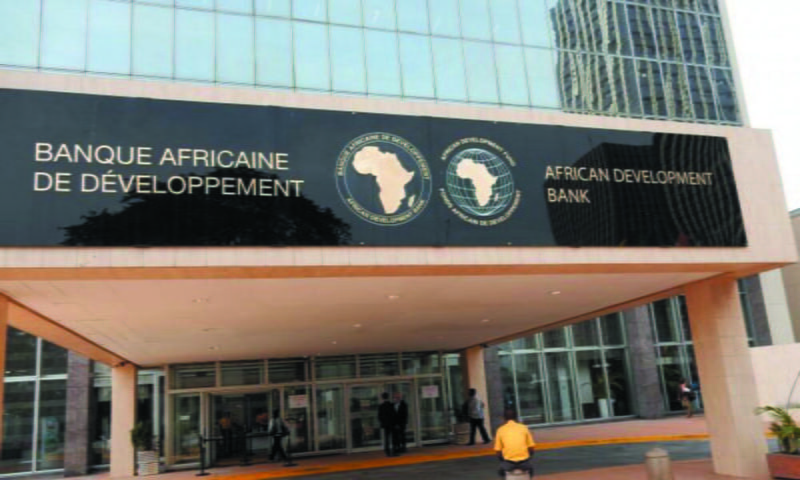The Minister Delegate to the Minister of Economy and Finance, in charge of the budget, Fouzi Lekjaa, and the Country Director of the African Development Bank (AfDB) for Morocco, Achraf Tarsim, signed four financing agreements totaling more than 600 million euros, or approximately more than 6.45 billion dirhams, on Wednesday in Rabat.
These agreements concern the financing of the support program for the transformation towards a digital, entrepreneurial, and inclusive Moroccan university (120 million euros (M€), or about 1.28 billion dirhams (MMDH)), the results-oriented program for improving territorial competitiveness in Morocco (200.31 M€, approximately 2.143 MMDH), the support program for the inclusive and sustainable development of forest areas (84 M€, or nearly 898 million dirhams (MDH)), and the Guercif – Nador highway project (200 M€, approximately 2.14 MMDH).
The signing ceremony of these agreements took place in the presence of the Minister of Higher Education, Scientific Research, and Innovation, Abdellatif Miraoui, the Minister of Equipment and Water, Nizar Baraka, the Minister of Industry and Trade, Ryad Mezzour, the Minister Delegate to the Head of Government, in charge of Investment, Convergence, and Evaluation of Public Policies, Mohcine Jazouli, and the Director General of the National Agency for Water and Forests (ANEF), Abderrahim Houmy.
On this occasion, Fouzi Lekjaa emphasized the importance of these financing agreements, which follow a participatory and integrated approach, encompassing training, financing of industrial-scale projects promising job prospects, infrastructure and its strengthening, as well as projects related to the forestry sector and the exploitation of its capacities to preserve environmental balances.
Furthermore, the minister praised the level and quality of relations between Morocco and the AfDB, highlighting the support of the Central Bank of the Kingdom in the implementation of essential structural reforms and technical assistance in various fields.
For his part, the Country Director of the African Development Bank (AfDB) for Morocco, Achraf Tarsim, indicated that these structuring and complementary projects reflect the excellent relationship that the AfDB has with its first partner in Africa, Morocco. He continued that these agreements concern a project related to the transformation of the Moroccan university to make it more entrepreneurial, more digital, and more inclusive, as well as a project related to enhancing the competitiveness of Moroccan territories to attract more investors and create new economic opportunities.
According to Achraf Tarsim, the third project complements this offering with better connectivity to link the new Nador West Med port to Morocco’s highway network, so that investors who settle can benefit from this complementary offer and increase their competitiveness.
As for the fourth project, it will notably strengthen forest value chains, introduce entrepreneurship in these areas, and enhance carbon sequestration capacity. The objective of the support program for the transformation towards a digital, entrepreneurial, and inclusive Moroccan university is to contribute to improving the quality of human capital and empowering youth through inclusive access to high-quality, innovative higher education that is in synergy with the territorial ecosystem.
The results-oriented program for improving territorial competitiveness in Morocco aims to contribute to enhancing territorial competitiveness to attract investors, create jobs, and improve socio-economic inclusion.
For the support program for the inclusive and sustainable development of forest areas, its goal is to contribute to the development of key forestry sectors, organize inter-professions, promote female and youth forest and aquaculture entrepreneurship, in addition to developing ecotourism, promoting public-private partnerships (PPP) and South-South cooperation, and supporting the digital transformation of the forestry sector.
As for the Guercif–Nador highway project, it focuses on contributing to strengthening the transport infrastructure of the Oriental region and promoting the economy of this region by ensuring a high-capacity road link that integrates into the national highway network. Thus, the Nador West Med port complex and the associated activity zone will be served by this highway project, which will significantly improve the profitability of the said port complex and facilitate its operation.


